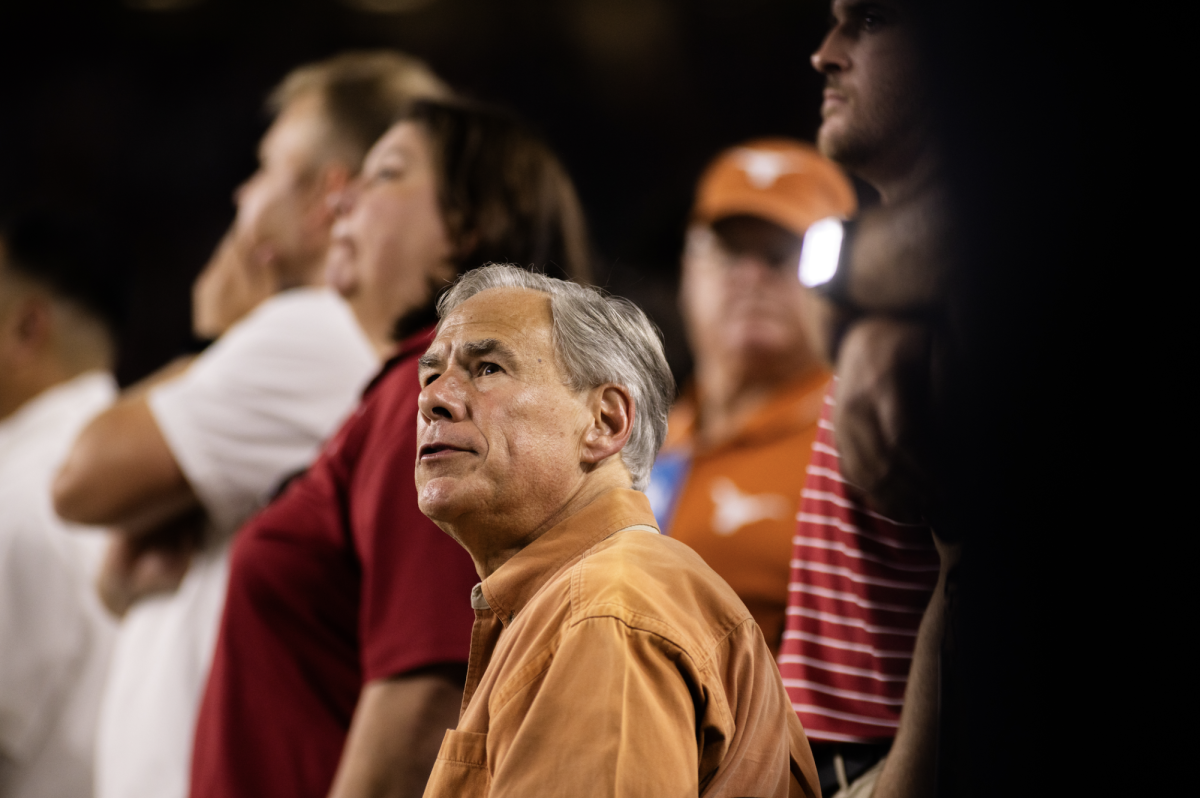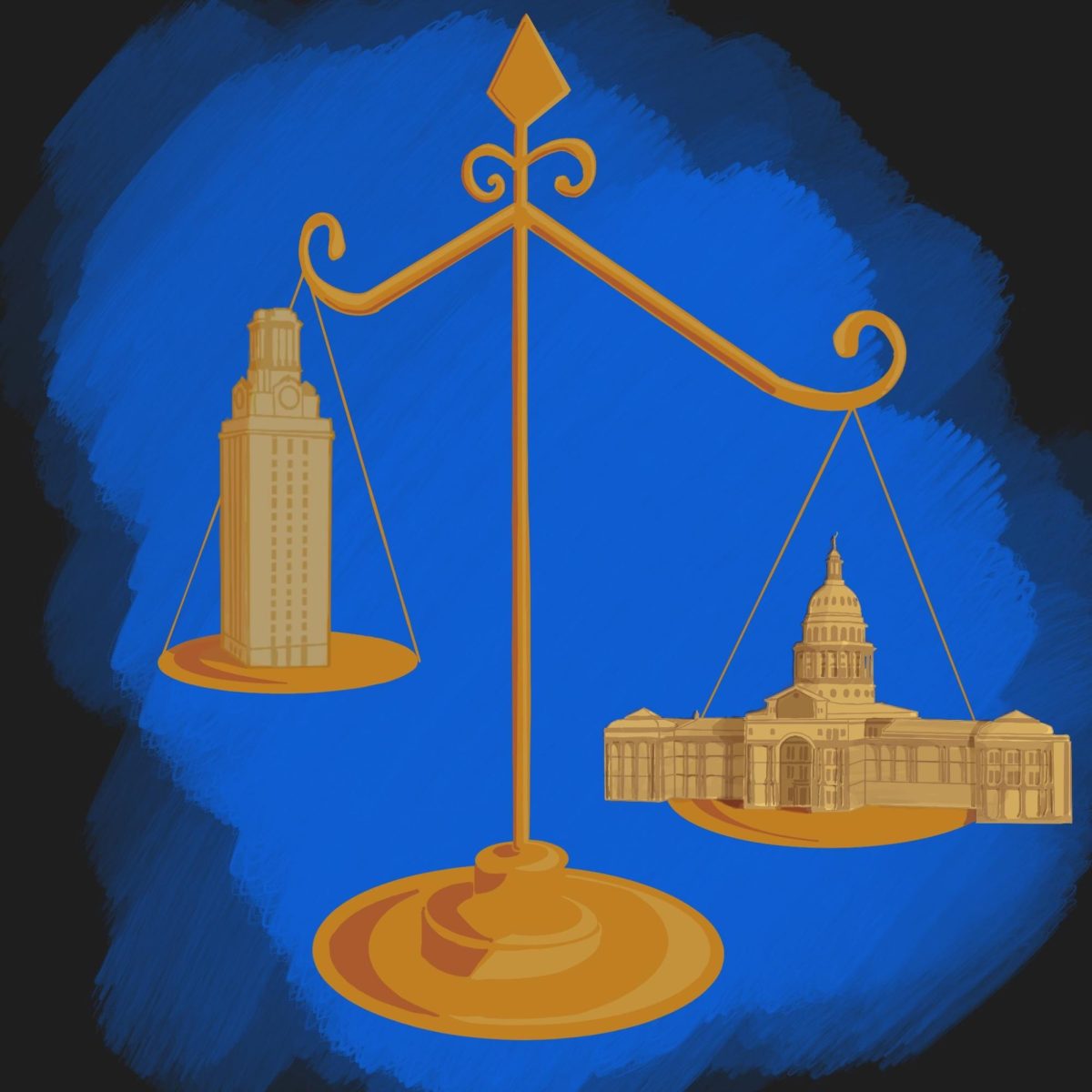A panel of students and guest speakers discussed methods to ensure the success of undocumented students in a nation, which the students say has raised them but does not recognize them, at a symposium on Friday.
Ryan Gildersleeve, associate professor of higher education at the University of Denver, said there is a disparity between the imagined life of typical college students and the reality that undocumented students face.
“Undocumented students struggle exponentially more than normal students,” Gildersleeve said. “They have to ask themselves, ‘Are my parents going to be deported? Will I have in-state tuition six months from now?’”
The UT International Office hosted the event, titled Creating Access to Global Education 2013 Symposium, which explored the life of undocumented students, the obstacles they face, the politics at play and the role of UT in ensuring these students’ success.
Biology senior Deborah Alemu was an undocumented immigrant when she started attending UT but says she became a citizen last year. Alemu is now vice president of the University Leadership Initiative, an organization that advocates immigration reform. She said the life of an undocumented student has become increasingly precarious in the current political climate.
Alemu said that every major GOP candidate for state office has expressed a desire to reform or completely repeal a bill signed by Gov. Rick Perry in 2001 granting in-state tuition to undocumented students who have lived in Texas for a minimum of three years, earned their diploma at a Texas high school and promised to apply for citizenship.
“While we’re nonpartisan, we’re willing to work with anyone in order to help our families. Candidates that threaten our education, that’s unacceptable,” Alemu said. “A lot of our members are undocumented, or come from mixed families. Many of us entered [UT] because of SB 1528. You can’t just give up on education — it’s a waste of state money.”
Gildersleeve said partisan politics should not supersede the importance of education for undocumented students.
“It doesn’t make much sense to have a whole group of people who are going to have very few options available if we deny them a right to basic education through our public institutions,” Gildersleeve said. “Silence is just as political as vocality. I think we need to call out political representatives on this.”
Alemu said her organization works to communicate with politicians on a personal level.
“It involves a lot of office visits to senators and representatives — trying to put a face on the issue,” Alemu said.
Teri Albrecht, director of international student and scholar services, said most politicians simply do not understand the difficulties undocumented students have gone through.
“You can see that once someone has a personal relationship with a student, once they understand an individual’s journey — lots of times their mind will be open,” Albrecht said.
Gildersleeve said undocumented students may have the most at stake, but it is the responsibility of educators to see their pupils succeed.
“It’s been students who have shown us what needs to be done, but it’s our job to understand how we can do it,” Gildersleeve said. “We need to address all the issues that undocumented students face in higher education regardless of what Washington does, or what the state does.”
This week is Undocumented Longhorns Week, featuring a series of speakers, movie screenings and other events hosted by a coalition of culturally focused organizations on campus.



















